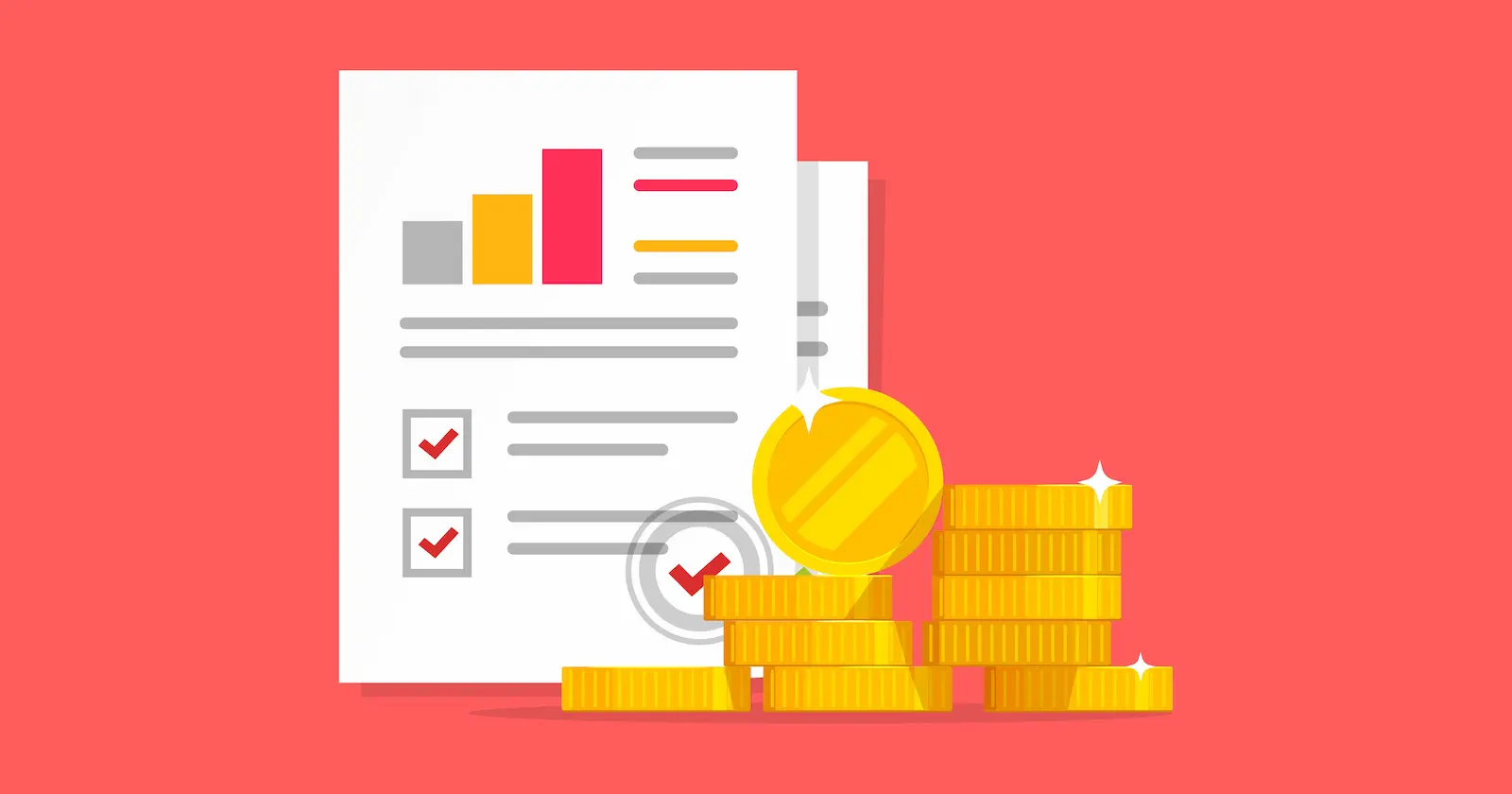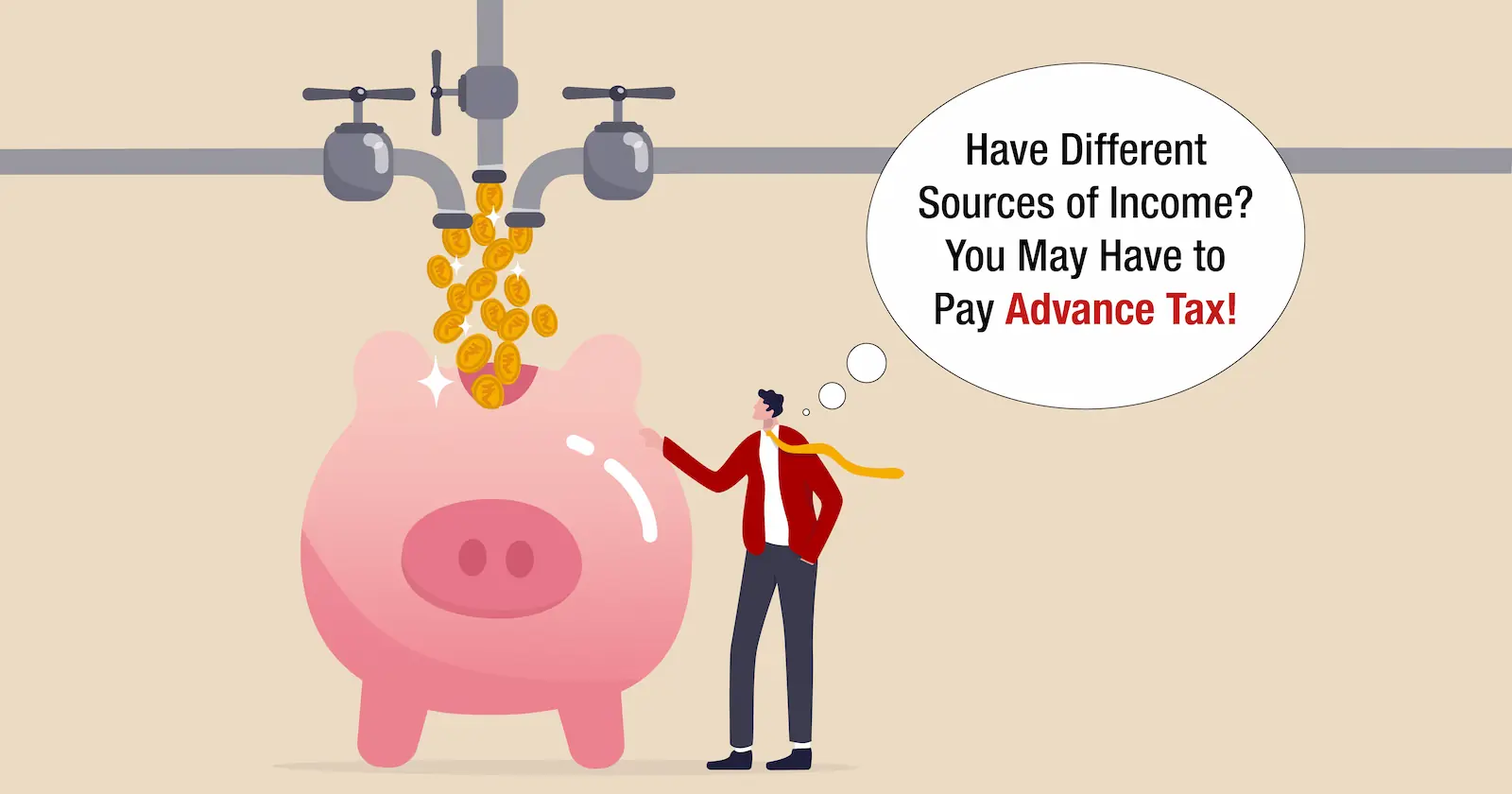What is daily allowance?
When an employee works outside of their typical work location, their employer will give them a daily stipend, sometimes known as a per diem, to cover their daily expenses. In addition to the transport allowance, employees may also get daily allowances.
For training or any other work-related job that requires employees to travel to a different location, employers typically pay a daily allowance. Additionally, firms give this allowance to workers when they travel for work.
Types of Per Diems
There are two different kinds of daily allowances that are given to employees as standard business practice around the world:
- An allowance given to cover official costs. These benefits are offered by the employer to help employees cover their costs associated with carrying out their duties.
- An allowance to cover personal expenses while serving an abroad assignment. These benefits are provided by the company to help employees with the higher cost of living in overseas countries.
How is daily allowance viewed in India?
Employers provide daily allowance in accordance with the travel destination and corporate policy. Employees' daily allowances, for example, fluctuate depending on where they are travelling, such as Rajasthan versus Mumbai. The allowance that employees receive when they visit the USA will also vary depending on the cities they visit.
If the daily allowance is greater than what is actually spent, it might be added to the pay for tax purposes. If employees have used all of their daily allowance, it is not taxable under Indian income tax laws. If employees have saved money, however, the daily allowance will be taxable and fall under the salary structure. In these situations, the taxation policy will be applied in accordance with the concerned person's salary and the relevant tax bracket.
As per Income Tax Law in India, the amount brought back is considered part of your taxable income. If it is not included, the money is considered black money or undeclared income. Here’s an example. You receive INR 7,500 per day for the trip and you saved INR 3,000 per day for a 30-day trip. When you’re back home, the total remaining cash is worth INR 90,000 that will be spent on daily needs. That 90,000 is taxable in India as per your tax slab.
Let’s make this clearer by looking at the law. The Income Tax Act clearly states that daily allowance an employee receives is not taxable if these conditions are met:
- It is a special allowance granted solely for performing duties;
- Provided on tour and separate from the normal place of duty; and
- Expenses were actually incurred.
Based on those provisions, tax exemptions are allowed only on how allowance was spent by the employee. The unspent amount is taxable in employee’s hands so it will require tax deduction.
The Income Tax Provisions do not provide a particular daily allowance amount. In this case, a business or employer may pay any sum as a daily allowance.
To claim the daily allowance for tax exemption, an employee should keep all their bills and vouchers. And these proofs have to be submitted to the employer after the trip ends. Of course, some small expenses like buying a newspaper or tips at a restaurant cannot be recorded because they don’t come with a bill but it is what it is.
In cases of no bills and vouchers, the employer’s internal policies state the employee is liable to deduct taxes from those allowances. If they fail to do so, the employer is treated as not deducting taxes correctly. Employers are liable to pay the outstanding tax amounts or pay penalties to revenue authorities if employees fail to show unused allowances.
Determining how much of the daily allowance is taxable puts an equal amount of responsibility on both employers and employees. It's easy. If you're travelling for work, keep all of your bills in a folder and give them to your company when you get home. And avoid leaving out the leftover funds from your tax returns because doing so will get you into problems. Simply expressed, there is a cost associated with using that extra money.
Is daily allowance payment taxable in India?
For long-term out of India assignments over 3 months, the company usually transfers a salary to the sister/parent/subsidiary company in the country employees are travelling to. The employees are paid a monthly salary abroad instead of their Indian salary. And that salary is taxable in the country as per the country’s tax laws.
With lump sums, many employees keep the remaining cash as additional income. But many are unaware that the unused allowance is taxable. Without any bills to prove the expenses, the income received is taxable. Allowances for short-trips is not taxable if spent for the reasons it was given to you. Any unspent amount is eligible for income taxes.
How to Calculate Per Diem Allowance?
The process to calculate daily allowance is very easy as the calculation methods focus on a daily rate. Here, employees have to multiply the daily allowance by the number of days.
Total daily allowance = Daily Expenses x Total number of days of travel
If an employee travels to Delhi for 25 days where he or she spends ₹1500 on a daily basis, they will get 25x ₹1500, which equals ₹37,500 as the total daily allowance.
Wrapping It Up!
This article on the daily allowance comes to a close with a thorough discussion. To benefit from this allowance, read the details and gather all the necessary receipts and bills.





Comments
Y